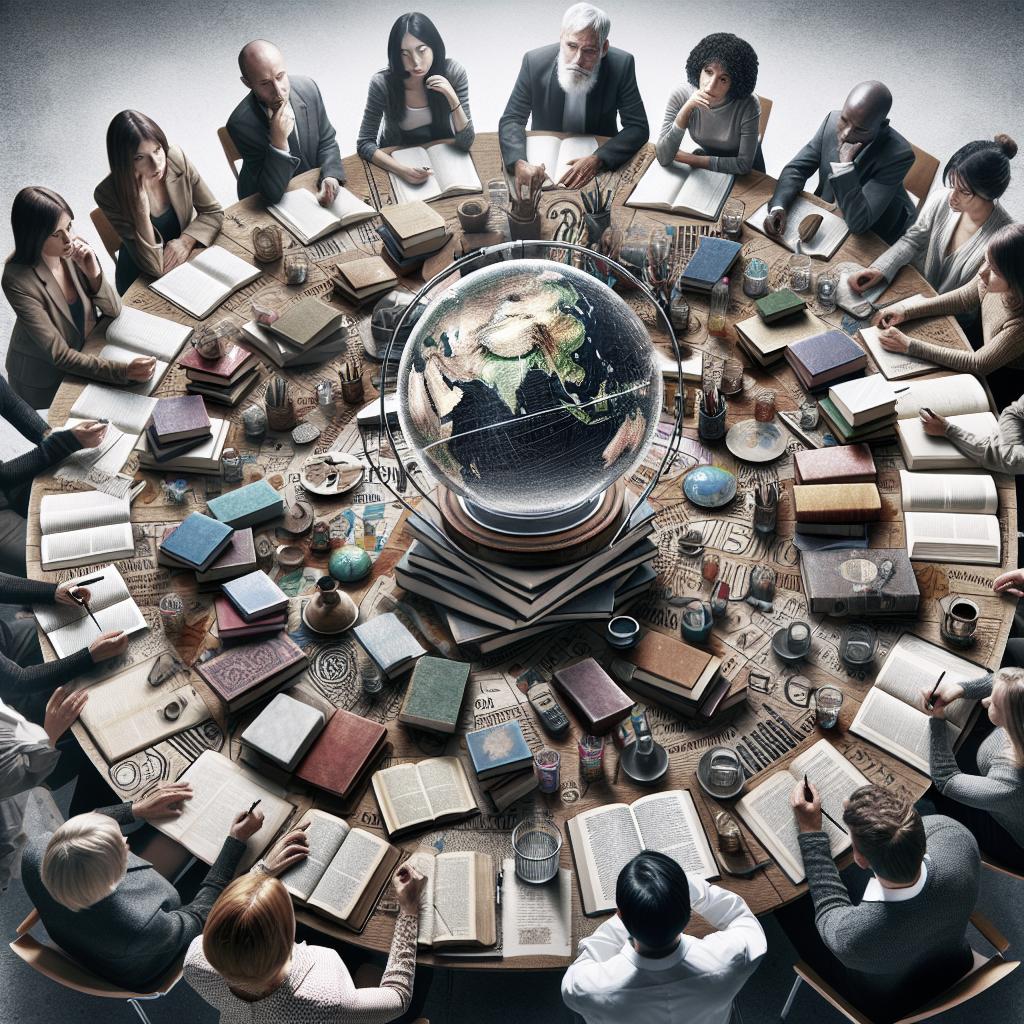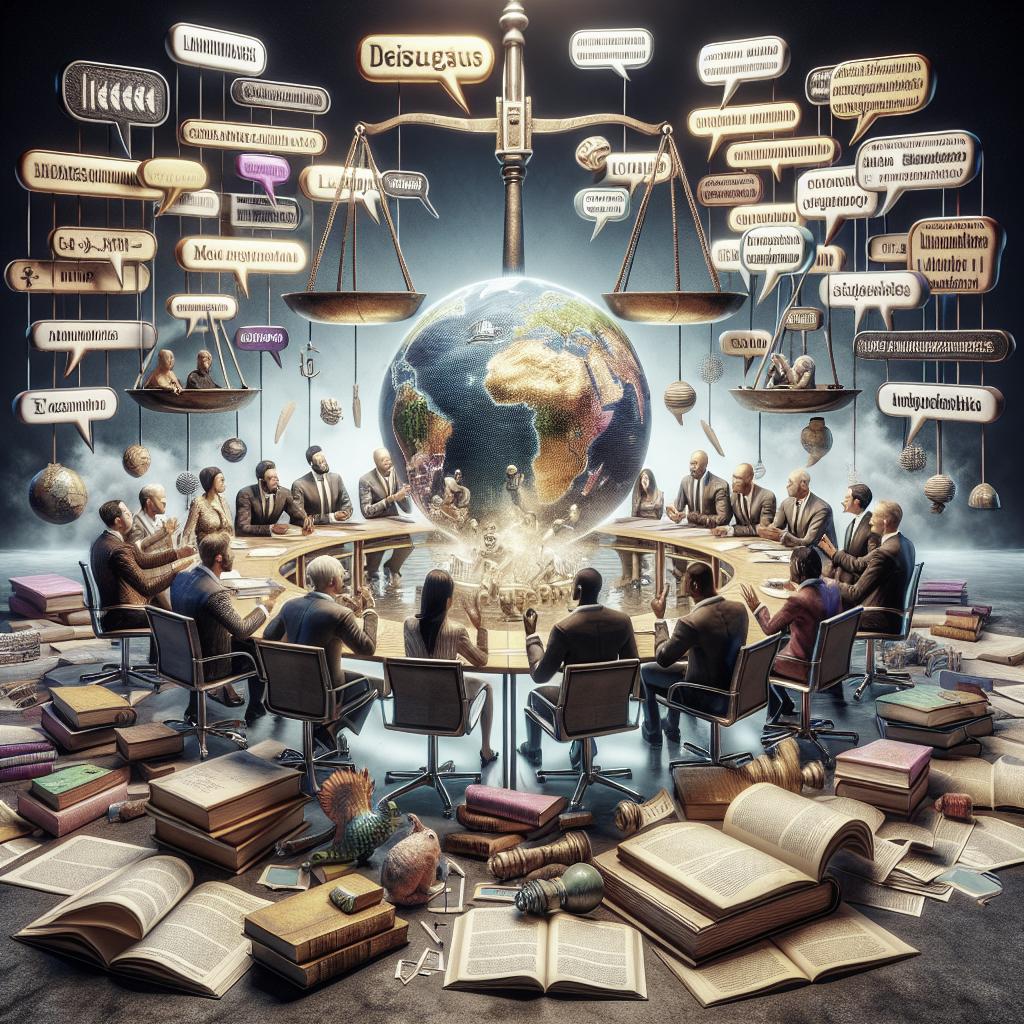<>
Translation studies, a field that bridges cultures and languages, grapples with various challenges. Understanding these issues is crucial for anyone entering the realm of translation. This blog post delves into major hurdles in translation studies: translation language structure, compound words, missing terms, specialized knowledge, limited time, and quality versus expense. These challenges highlight the complexity and necessity for meticulous effort in translation, accentuating the importance of skilled translators in today’s increasingly globalized world. From handling varied language structures to navigating time constraints, we will explore each challenge in depth, ensuring that aspiring translators and those interested in this field gain valuable insights.
Translation Language Structure
One of the foremost challenges in translation studies is dealing with the varied structure of languages. Different languages follow distinct grammatical rules, sentence structures, and syntax, which can make direct translation nearly impossible. For instance, English typically follows a subject-verb-object (SVO) order, while languages like Arabic may follow a verb-subject-object (VSO) order. Translators must not only convert words but also restructure sentences to convey the same meaning accurately. Moreover, idiomatic expressions pose significant obstacles. An expression in one language might be culturally specific and lack a direct equivalent in another language. Translators must often find ways to convey the underlying meaning rather than the literal words, which requires a deep understanding of both the source and target languages. This process can be arduous but is essential to maintain the integrity and impact of the original text. This challenge is exacerbated in creative fields such as literature and marketing, where the tone, style, and emotional resonance must be preserved. A translator must balance fidelity to the original text with the linguistic and cultural norms of the target language, creating a translation that is both accurate and engaging.
Compound Words
Compound words present another significant hurdle in translation work. Many languages use compound words—words that are formed by combining two or more words to create a new meaning. German, for example, is known for its extensive use of compound words, which can be intricate and lengthy. Translators must dissect these compounds and comprehend their individual components to achieve an accurate translation. The challenge extends to ensuring the translated compound word retains the original meaning and nuance. Sometimes, direct translation of each component of a compound word can lead to a nonsensical or incorrect output. Therefore, translators must often resort to explanatory translations or completely different words that convey the same meaning, a task that demands creativity and deep linguistic knowledge. Additionally, some compound words may have cultural implications or connotations that do not directly translate. An effective translator must understand the cultural context behind such terms and find appropriate equivalents in the target language to ensure the translated text is both understandable and relevant to the new audience.
Missing Term
One prevalent issue in translation is the concept of ‘missing terms.’ Certain languages may lack specific terms found in other languages, necessitating creative solutions from translators. For example, some indigenous languages might have several words to describe types of snow, whereas English has only one word. This discrepancy can create difficulties in conveying the exact meaning or subtle differences in the translated text. Translators must fill these linguistic gaps by employing methods such as paraphrasing, adding explanatory footnotes, or choosing the closest possible terms that retain the essence of the original word. This process can sometimes lengthen the translated text and potentially alter the flow of the original message, posing an additional challenge. Furthermore, cultural concepts unique to one language may have no direct counterpart in another. For instance, the Danish word « hygge » conveys a specific type of cozy atmosphere and contentment. Translating such terms requires more than just word substitution; it requires the translator to impart the emotional and cultural undertones tied to the term, ensuring the reader grasps the full significance.
Specialized Knowledge
Translation is not merely about linguistic proficiency; it often demands specialized knowledge in specific fields. Texts in domains like legal, medical, or technical writing can be particularly challenging due to their use of industry-specific jargon and terms. Translators must possess or acquire adequate subject matter expertise to accurately interpret and translate these texts. For example, a legal document may contain precise terminology that requires a thorough understanding of law to translate correctly. Misinterpreting even a single term can lead to serious consequences. Similarly, medical translation must ensure accuracy to avoid miscommunication that could affect patient care and safety. This need for specialized knowledge means that translators often need continuous learning and professional development. Keeping abreast of new terms, regulations, and advancements in their field of specialization is crucial. This ongoing education ensures that their translations remain current and accurate, thereby maintaining their credibility and trustworthiness.
Limited Time
Time constraints are a universal challenge across professions, and translation is no exception. Often, translators are given short deadlines, forcing them to work quickly while still striving for accuracy and quality. The pressure of tight schedules can lead to increased stress and the possibility of errors, impacting the final product. In the digital age, where information dissemination happens at lightning speed, the demand for rapid translations has surged. Translators must balance speed with meticulous attention to detail, which can be a daunting task. Automation and machine translation tools have somewhat alleviated this problem, but these tools are far from perfect and cannot replace the nuanced understanding that human translators offer. The challenge of limited time also extends to project management within translation agencies. Coordinating multiple translators for large projects, ensuring consistency, and meeting deadlines requires efficient planning and communication. Thus, translators and project managers alike must excel in time management to ensure timely and high-quality delivery.
Quality and Expense
Balancing quality and expense is a constant dilemma in translation. High-quality translations require experienced, skilled translators, who understandably command higher fees. However, clients often have budget constraints and may opt for cheaper options, which can compromise the quality of the translation. The rise of automated translation tools like Google Translate has added another layer to this challenge. While these tools offer quick and cost-effective solutions, they often lack the precision and cultural context that human translators provide. Errors in machine translation can range from minor inaccuracies to significant distortions of meaning, making them unsuitable for high-stakes documents. Clients must understand that investing in quality translation is essential for accurate communication and maintaining credibility. For translators, conveying the value of their expertise and the risks associated with low-cost, low-quality options is crucial. Ensuring high-quality translations may require additional proofreading and editing steps, which can add to both the time and expense of the project but are necessary for achieving excellence.
| Challenges | Description |
|---|---|
| Translation Language Structure | Different grammatical rules and syntax among languages require translators to restructure sentences accurately. |
| Compound Words | Breaking down and correctly translating compound words, especially in languages like German, poses significant difficulty. |
| Missing Term | Certain terms in one language may not have direct equivalents in another, necessitating creative solutions. |
| Specialized Knowledge | Texts in specialized fields, such as legal or medical, require subject matter expertise for accurate translation. |
| Limited Time | Translators often face tight deadlines, requiring a balance of speed and meticulous attention to detail. |
| Quality and Expense | Providing high-quality translations can be costly, and budget constraints may lead to lower quality outcomes. |


